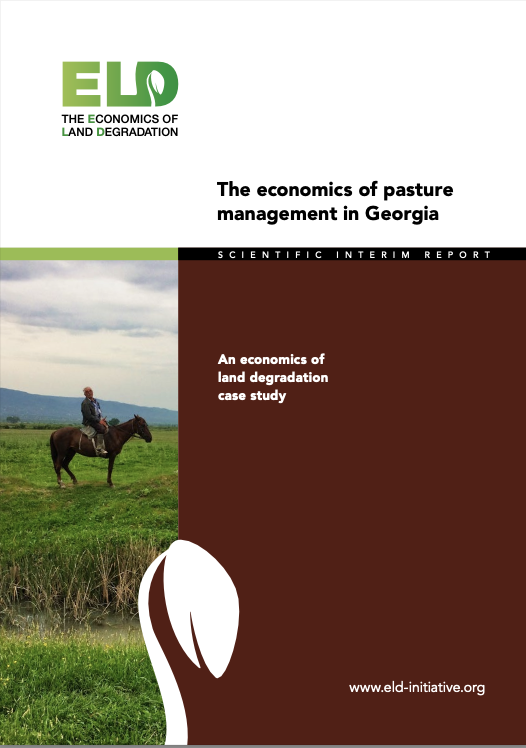Location
As a service provider in the field of international cooperation for sustainable development and international education work, we are dedicated to shaping a future worth living around the world. We have over 50 years of experience in a wide variety of areas, including economic development and employment promotion, energy and the environment, and peace and security. The diverse expertise of our federal enterprise is in demand around the globe – from the German Government, European Union institutions, the United Nations, the private sector, and governments of other countries. We work with businesses, civil society actors and research institutions, fostering successful interaction between development policy and other policy fields and areas of activity. Our main commissioning party is the German Federal Ministry for Economic Cooperation and Development (BMZ). The commissioning parties and cooperation partners all place their trust in GIZ, and we work with them to generate ideas for political, social and economic change, to develop these into concrete plans and to implement them. Since we are a public-benefit federal enterprise, German and European values are central to our work. Together with our partners in national governments worldwide and cooperation partners from the worlds of business, research and civil society, we work flexibly to deliver effective solutions that offer people better prospects and sustainably improve their living conditions.
Members:
Resources
Displaying 81 - 85 of 340The Economics of Pasture Management in Georgia
Title: The economics of pasture management in Georgia: An economics of land degradation study
Guide Méthodologique de réalisation de la cartographie participative au Bénin
Face aux enjeux liés à la gouvernance foncière, plusieurs initiatives de cartographie participative ont été menées, au Bénin et ailleurs en Afrique. Une initiative de ce type est d’autant plus indispensable au Bénin, sachant que les limites des villages n’ont pas encore de reconnaissance administrative. Comment tirer des enseignements de ces expériences, pour alimenter la méthodologie de réalisation des cartes participatives ? Une méthode de cartographie participative peut-elle être institutionnalisée ?
Land Matters II
Improvement of Land Governance in Uganda (ILGU) is a project implemented by the German International Cooperation (GIZ), seeking to increase productivity of small-scale farmers on private Mailo land in Central Uganda, co-financed by the European Union and German Government through the German Federal Ministry for
Economic Cooperation and Development (BMZ).
Land tenure systems in the Borgou, Benin
Benin introduced new instruments to register customary land rights in the 2013 Land and Domain Law, which was updated in 2017. The BMZ supported “Promotion d’une Politique Foncière Responsable (ProPFR)” project is testing these instruments together with scalable implementation modalities in the Borgou department (Benin). This work is complemented with a rigorous impact evaluation to assess changes in tenure security, agricultural investments and food security. The baseline survey was completed in 2018 and includes 2,968 households in 53 villages in the Borgou.
The Role of Open Data in the Fight against Land Corruption
Opening up land-related administrative data, combining it with data from other sources and processing and making this data available as easily accessible information for women and men equally could be a means to counteracting land corruption in land management, land administration and land allocation. But does open data and enhanced data transparency indeed help to counteract land corruption?




